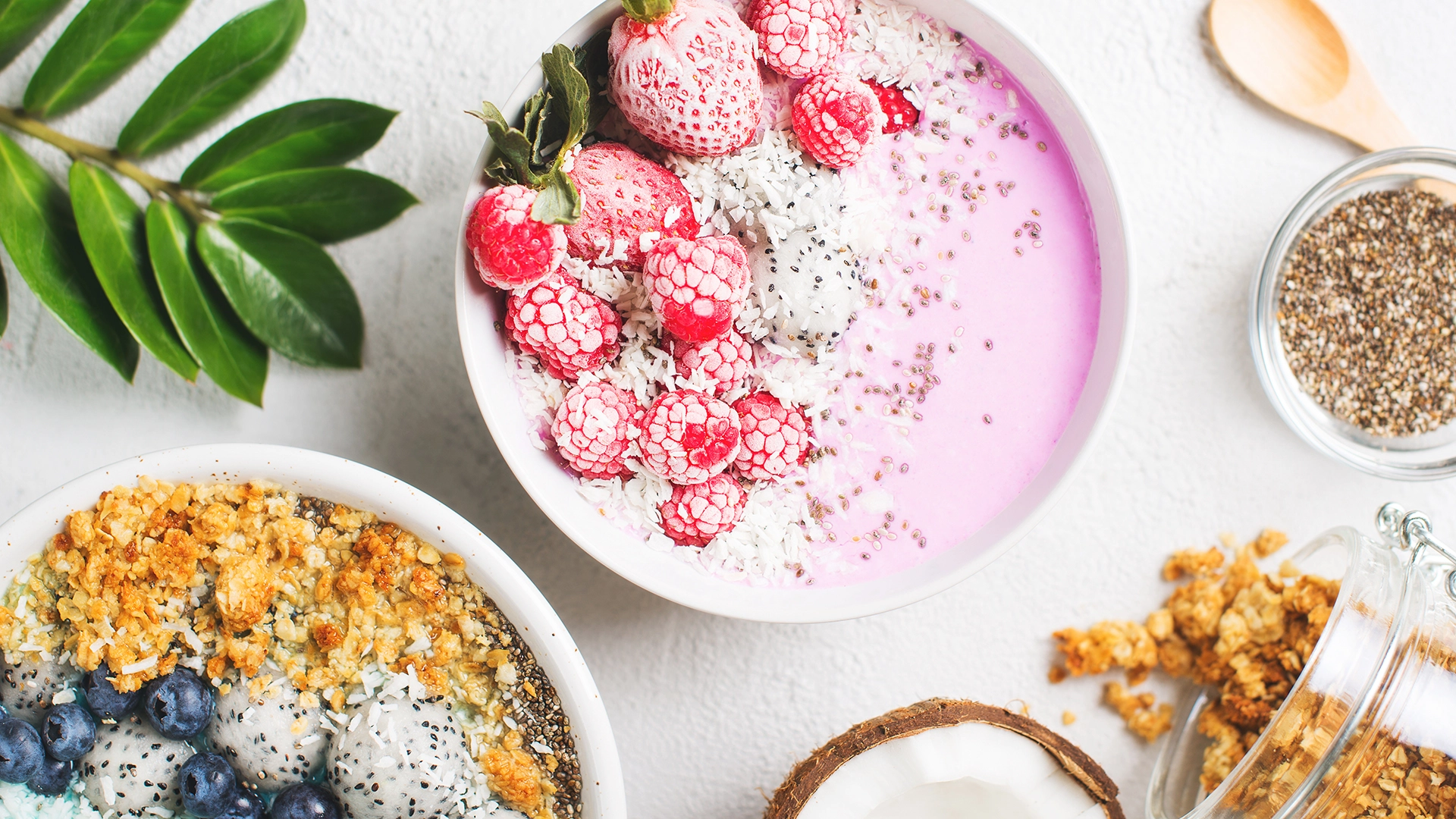Tailoring your fueling strategy to your workout is crucial, as the ideal pre-workout snack can vary depending on the type of exercise you have planned. For instance, a smoothie that’s perfect for strength training might not sit well during a spin class. Additionally, the calorie requirements for a 30-minute walk differ from those for a high-intensity interval session. Therefore, it’s important to select your snacks carefully rather than relying on the same protein bar every time. Alissa Rumsey, a New York-based dietitian and Academy of Nutrition and Dietetics spokesperson, emphasizes that the best results come from choosing the appropriate snack for the workout at hand. Before heading to the gym, consider the type of activity you’ll be doing and plan your snack accordingly. To help you make the right choice, we’ve consulted with fitness experts to recommend the best pre-workout snacks based on your preferred workout.
Walking
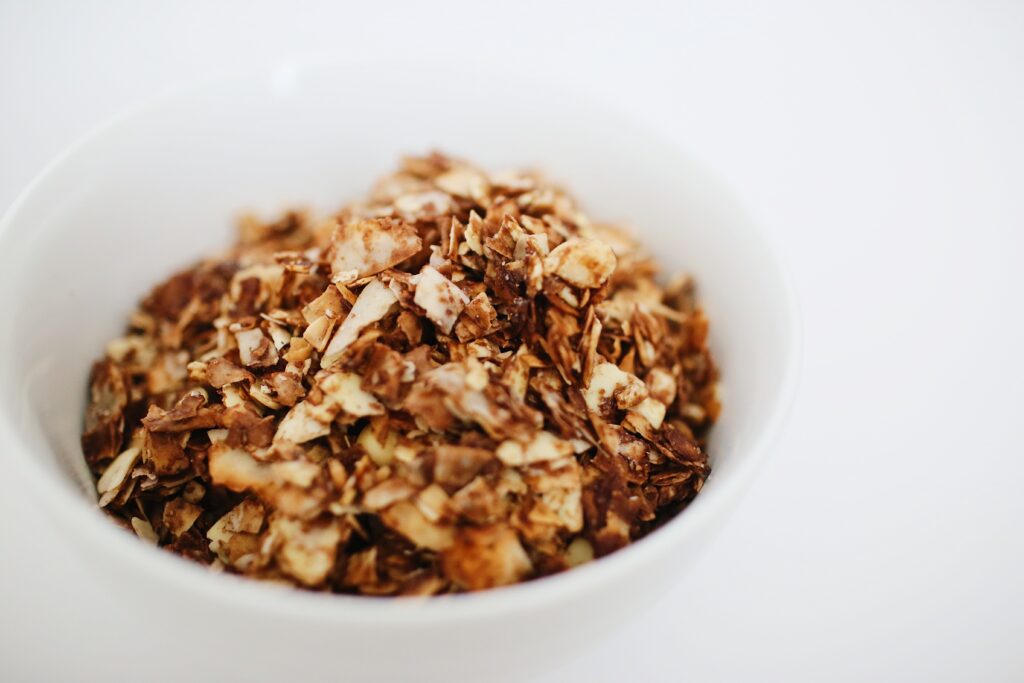
Not all workouts require a heavy pre-workout snack, especially if you’ve had a nutritious meal within the past 4 to 5 hours and don’t feel hungry. If you’re going for a moderate walk and don’t feel hungry, you may not need to eat at all. However, if you plan to walk first thing in the morning, several hours after your last meal, or start feeling hungry, a snack with at least 15 g of quick-digesting carbohydrates, along with a little healthy fat or protein, can stabilize your blood sugar and prepare your muscles for a powerful stride, containing about 100 to 200 calories.
Here are some snack options you can try:
- A medium pear with ½ oz sharp Cheddar cheese
- ½ cup applesauce plus 2 Tbsp raw cashew pieces
- ½ cup low-sugar or homemade granola (dark chocolate, coconut, and almond blend with quinoa, oats, and sea salt)
- 2½ cups of popcorn tossed with ½ Tbsp of olive oil, rosemary, and a dash of truffle oil if desired
- A light smoothie, such as Hartley’s Berry Green Dream: Blend 1 cup blueberries, ½ cup (about four) strawberries, a quarter banana, 3 cups chopped lacinato kale, 2 Tbsp lemon juice, 2½ Tbsp chia seeds, 1 cup ice, and water as needed
Running
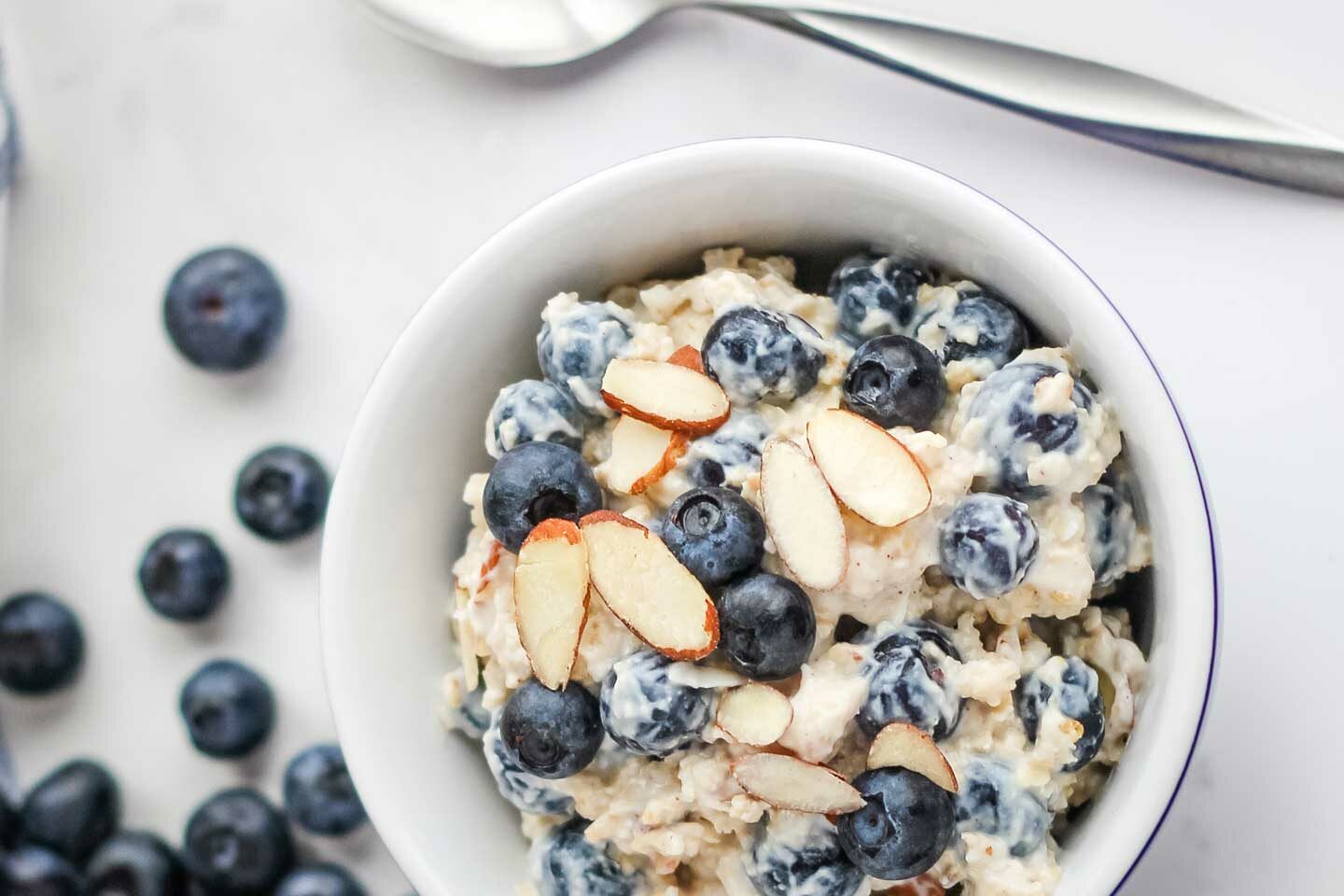
When preparing for a run, you should consider the slosh factor. Certain foods, like dairy or citrus, can cause discomfort or upset your stomach while running. Additionally, take into account the distance of your run if you’ve eaten within the past 3 or 4 hours, a 2- to 3-mile run may only require a drink of water. However, if you’re planning to run for 45 minutes or longer on an empty stomach, aim for a snack with 150 to 250 calories, 30 g of carbs, and a bit of protein or fat about an hour before running.
Consider trying:
- 1 banana and 1 Tbsp nut butter
- ½ cup rolled oats with ½ cup low-fat milk and ½ cup blueberries
- 1 can of Beet Performer or another beet juice, along with about 25 pistachios (research suggests that nitrates in beet juice can enhance blood flow to working muscles and improve performance)
- 1 cup low-fiber cereal (such as puffed rice) with ½ cup Greek yogurt
- ⅛ cup walnuts with ¼ cup dried apricots
Yoga

If you’re planning to do challenging yoga poses like revolved triangle or headstand, it’s best to avoid eating anything heavy or consuming anything at all within 2 hours before starting your practice. Feeling gassy or bloated can make it difficult to achieve that Zen-like state. If your last meal was 4-5 hours ago, aim for a light snack of 100-200 calories that consists mainly of unprocessed carbs. Avoid foods like dairy, beans, or anything that may cause stomach discomfort.
Try:
- A light smoothie with 1 cup frozen mangoes, 1 cup almond milk, and ½ tsp turmeric for anti-inflammatory properties.
- Chia pudding made by mixing ½ cup unsweetened almond milk, 2 Tbsp chia seeds, vanilla extract, cinnamon, and a drizzle of honey or maple syrup; chill in a mason jar overnight.
- Juice blends that doubles as a hydrator: 1 large carrot, 1 peeled grapefruit, 1 navel orange, 1 large cucumber, ½-inch nub each of fresh ginger and turmeric, and ¼ lemon.
- Pureed vegetable soup made by cooking and blending ¾ cup kabocha squash, ¼ cup onion, 1 cup kale, and 2 cups vegetable broth.
- A bar with less than 15 g of sugar, such as Rise’s Raspberry Pomegranate Bar or Health Warrior’s Lemon Goldenberry Chia Protein Bar.
Strength training
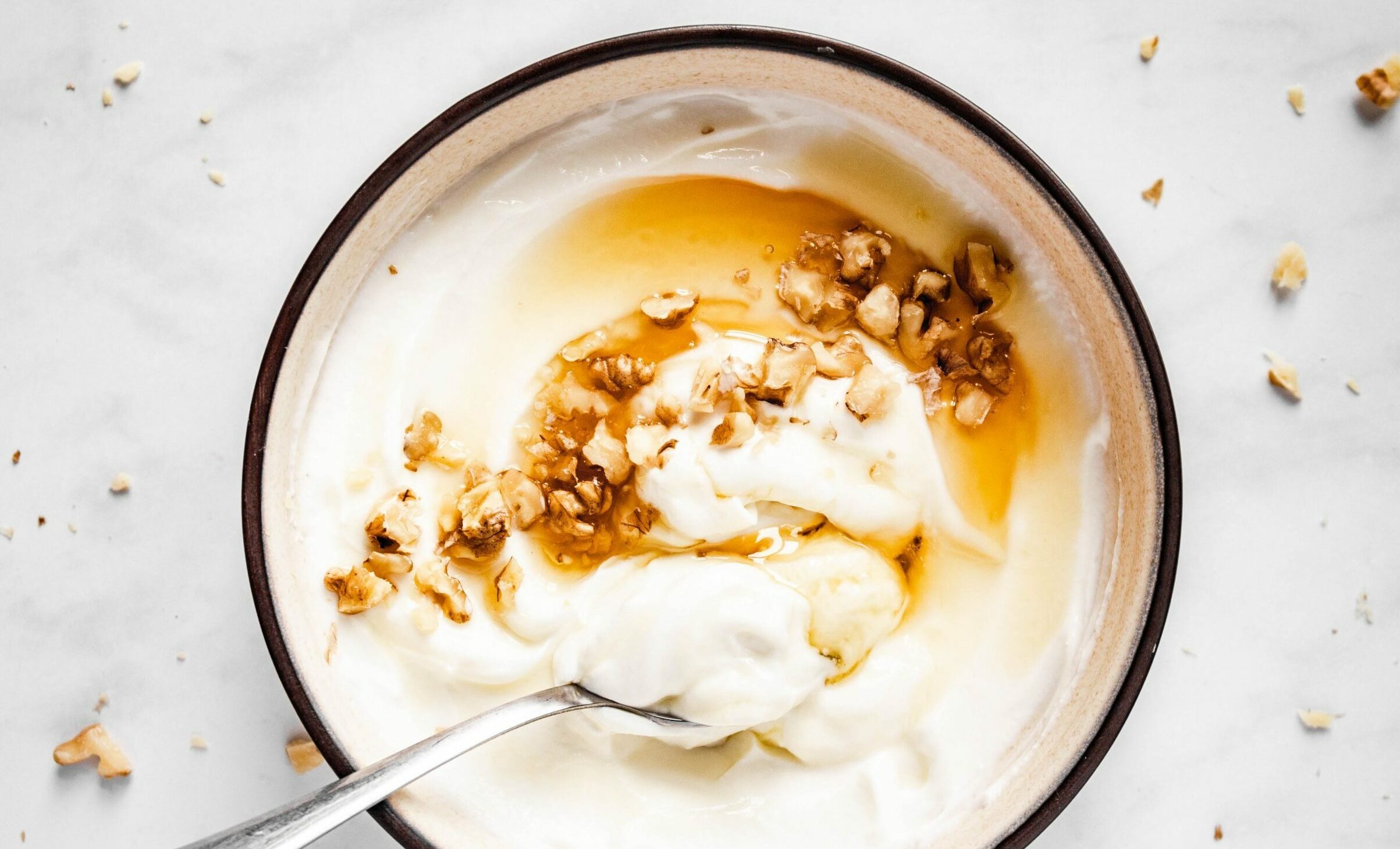
To optimize your lifting session, it’s not crucial to fuel up with glycogen, the glucose that powers endurance sports like running and cycling. However, working out with an empty stomach can cause fatigue, reducing your performance. To avoid this, consume a snack with 100-250 calories containing 15-30g of carbohydrates and 10-20g of protein about an hour before lifting weights, especially if you haven’t eaten in 3-4 hours or experience dizziness and weakness during workouts. Consuming high-quality protein from dairy, eggs, or meat ensures that the essential amino acid leucine circulates in your blood after your workout, promoting recovery, according to exercise physiologist and nutrition scientist Stacy Sims, Ph.D.
Snack options:
- 6 oz Greek yogurt with a drizzle of honey
- 6 oz cottage cheese and 1/2 cup raspberries
- 2 hard-boiled eggs with a slice of toast or a serving of fruit
- 2 oz lox and 1 Tbsp cream cheese on two Ryvita Light Rye Crispbreads
- 1 1/4 cup edamame in the pods sprinkled with chili powder and sea salt
Cycling/Spinning
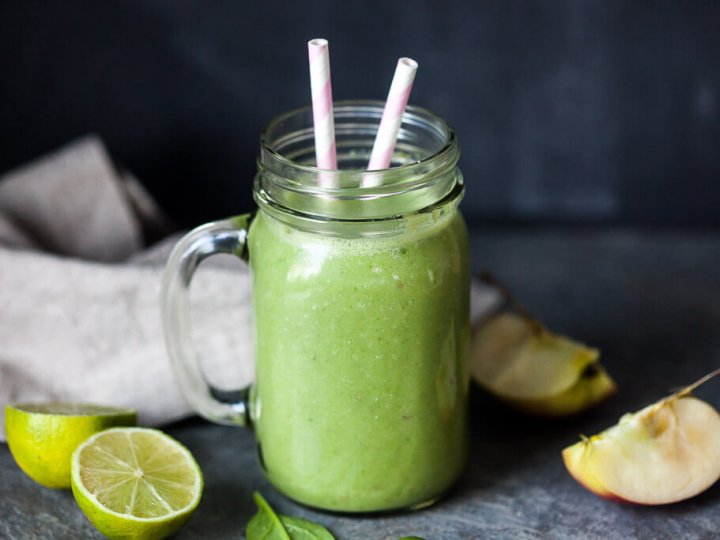
According to triathlete Martine, cyclists are known to carry unconventional snacks like boiled potatoes or homemade rice bars in their jersey pockets during a ride. These salty snacks help prevent sodium depletion, especially if you’re cycling for more than 45 minutes or in hot weather. Whether you prefer sweet or savory snacks, it’s essential to consume 150 to 200 calories with at least 30 g of carbohydrates, along with a little protein or healthy fat for stamina before cycling for 45 minutes or more.
Try:
- 1 small boiled sweet potato topped with 2 Tbsp of Greek yogurt (a great substitute for sour cream)
- A smoothie made with a handful of spinach, 1 cup of fruit, a handful of almonds, and water
- 1 slice of toasted whole-grain bread topped with half a mashed avocado, two slices of tomato, salt, and pepper to taste
- A granola bar with at least 3 g of fiber, 5 g of protein, and less than 15 g of sugar, such as Jimmy Bars or Zing Bars
- 3/4 cup of roasted chickpeas seasoned with salt and pepper
Swimming
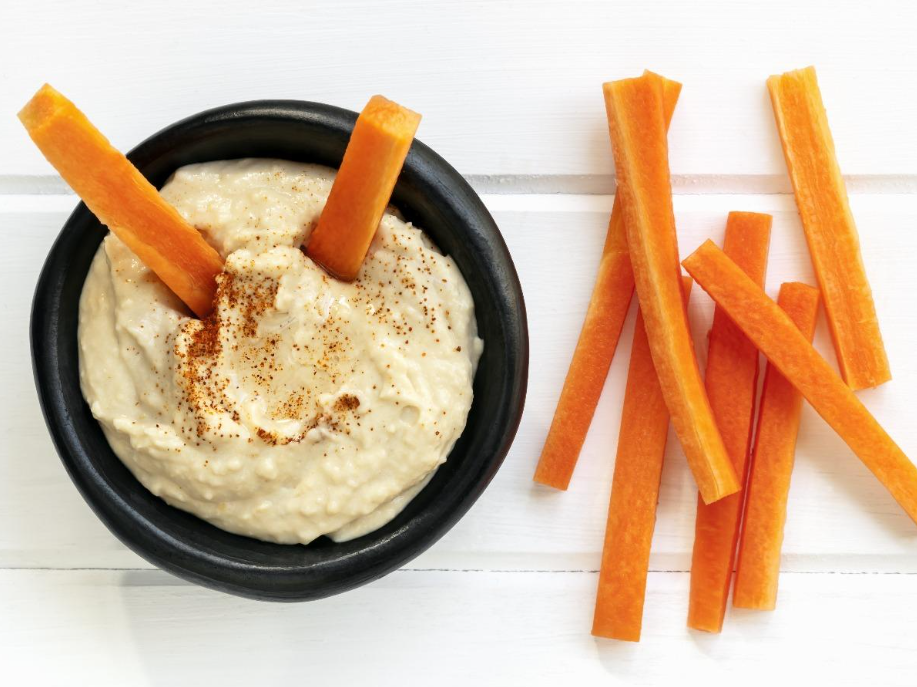
Competitive swimmers can burn up to 1,000 calories during a 2-hour workout. Even if you’re swimming for just 45 minutes at the gym, consuming 150 to 200 calories of both simple and complex carbohydrates, along with a little protein or fat, will keep you going. Remember that, as with yoga or boot camp classes, a swimming workout involves some twisting and turning—so avoid foods that cause stomach discomfort.
Consider these options:
- 6 oz of plain Greek yogurt with a handful of berries
- Small apple with 1 oz of cheddar cheese ½ cup of unsweetened applesauce with 1 Tbsp of almond butter and a sprinkle of cinnamon
- Whole-grain pita with 2 Tbsp hummus and a handful of baby carrots
- Small baked sweet potato with 1 Tbsp of Greek yogurt and a sprinkle of cinnamon
Boot camp class
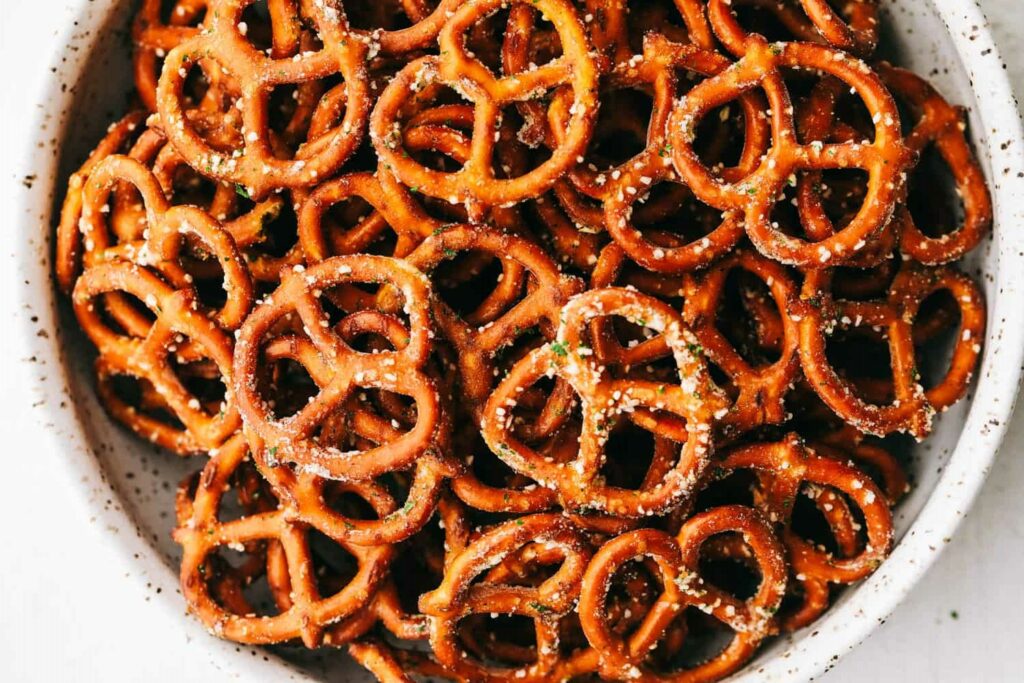
In boot camps, you get the best of both worlds as they combine resistance training with heart-pumping cardiovascular activity. Your muscles demand more glycogen during hard intervals. Therefore, if you plan to work out and haven’t eaten in 3 to 4 hours, aim for a 150- to 250-calorie pre-workout snack with over 30 g of carbohydrates. Add 10 to 15 g of protein to quickly repair and rebuild muscles afterward. Try to avoid soy-based protein sources, as they contain lower concentrations of leucine. Optimal recovery is achieved if you leave enough time for digestion before your workout; Mangieri suggests 1 to 2 hours.
Try:
- 1 sliced apple with 1/4 cup plain Greek yogurt, 1 Tbsp peanut butter, and cinnamon to taste
- 10 mini pretzels with 1 Tbsp hummus
- 8 oz chocolate milk
- Open-faced sandwich with 2 oz roasted turkey breast (about the size of half a deck of cards) and Dijon mustard on one slice of whole grain bread.
